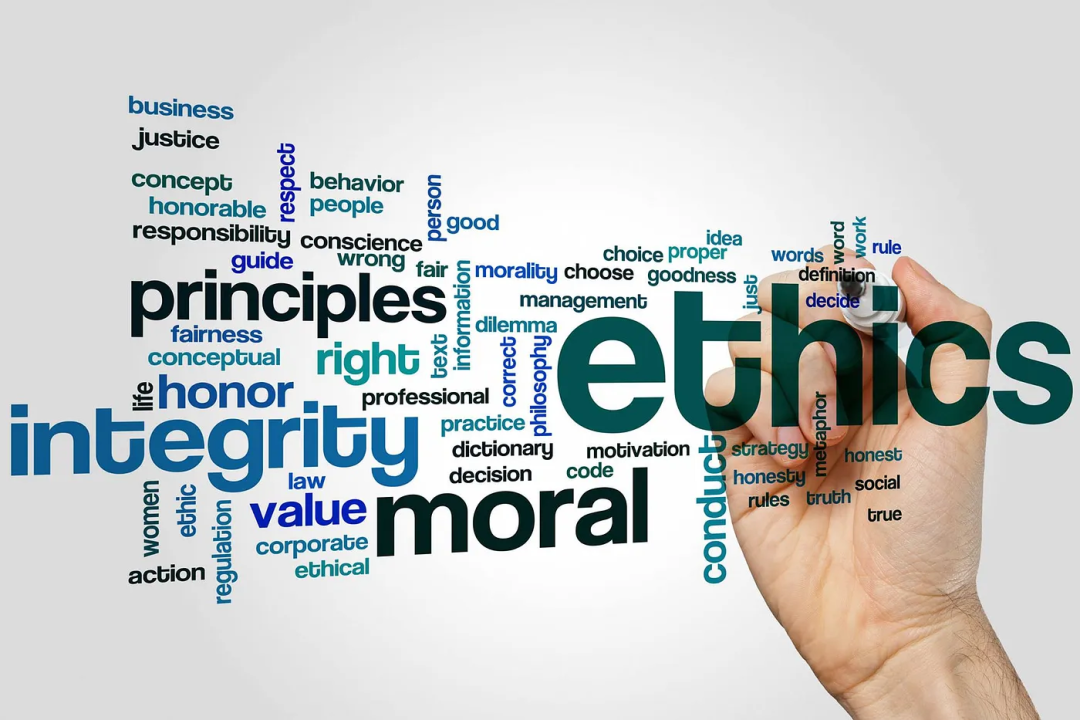About us Building a Thriving Data Career Through Ethical Data Practices
Building a Thriving Data Career Through Ethical Data Practices

Building a Thriving Data Career Through Ethical Data Practices
In today's data-driven world, the demand for data professionals has skyrocketed. Companies in every industry are on the lookout for experts who can turn raw data into insights that drive business growth. However, with great data power comes great responsibility: professionals must not only be skilled in data analysis but also committed to handling data ethically.
As data careers expand, ethical practices are becoming a key differentiator for those who want to stand out in the field. By prioritizing data ethics, you’ll not only enhance your technical skill set but also build trust, credibility, and resilience in your career.
Ethical data practices ensure that data professionals handle sensitive information responsibly, protecting the privacy and rights of individuals. By adopting principles such as transparency, accountability, fairness, and respect for privacy, you become a data professional who clients, colleagues, and consumers can trust. These qualities don’t just lead to a positive reputation; they are critical for long-term success in the field.
Key Components of Ethical Data Practices
To thrive in your data career, here are some fundamental ethical principles to integrate into your work:
- Transparency
Be open with users about what data is being collected, why it’s being collected, and how it will be used. Clearly inform stakeholders and users, fostering trust and helping people understand the value they’re receiving. - Accountability
Take responsibility for the data you manage. Whether analyzing, sharing, or storing data, ensure that each action aligns with ethical standards. Own up to mistakes and take steps to rectify any issues promptly. - Fairness
Strive to eliminate biases in your data collection and analysis. Ethical data professionals take extra steps to ensure that data usage is fair and does not favor one group over another. This is especially vital when developing algorithms, as biased algorithms can lead to unfair or discriminatory outcomes. - Privacy and Security
Safeguard personal information from unauthorized access and ensure that data is used only for its intended purpose. Data security is a crucial element of ethical practices, as breaches can harm both individuals and organizations.
Building Your Career with Ethical Data Practices
The field of data is vast and ever-expanding, and ethical expertise is now a sought-after skill. At 10Alytics, we provide courses designed to equip data professionals with both technical and ethical competencies, empowering you to excel in your career. Here’s how some of our courses incorporate ethics:
- Cybersecurity
This course focuses on data protection and safeguarding systems from breaches. Learning cybersecurity is essential for those who wish to build a career rooted in data responsibility. - Scrum Agile
Scrum and Agile methodologies foster transparent and ethical project management, encouraging collaboration and accountability. By understanding Agile, you’ll learn how to lead projects with integrity. - Data Science and Analytics
Our data science courses emphasize ethical data use, exploring key areas like data privacy, fairness, and responsible AI practices. These skills are crucial for data professionals who want to ensure that their insights are both accurate and ethically sound.
Join a Community Committed to Ethical Data Innovation
Don’t miss this exclusive opportunity to upskill with industry-leading training in ethical data practices.
For a limited time only, we’re offering special discounts on our courses to help you end 2024 with an edge. Click the link below to join our community of data professionals and set yourself apart with skills that matter. Secure your spot now before this offer ends! bit.ly/3Umn50Z
